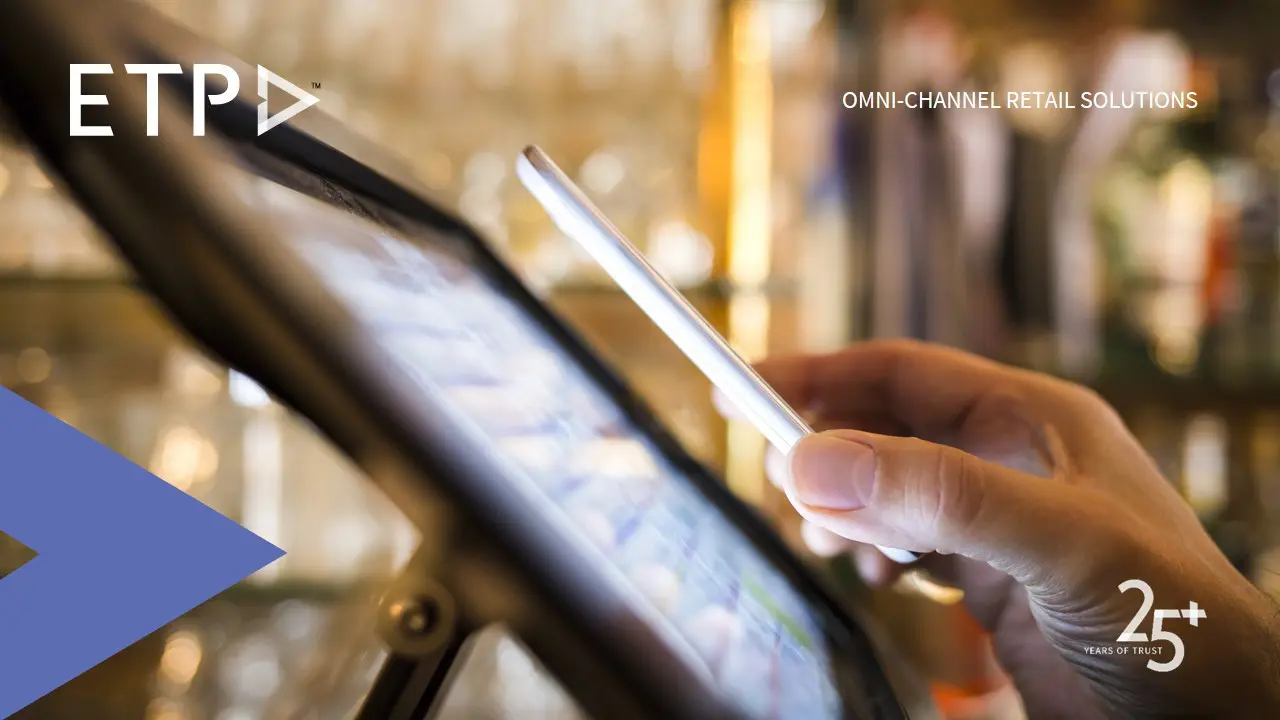
The Power of Data in Modern Retail
Retailers today recognise the value of customer data in elevating service standards. By collecting and analysing vast amounts of consumer information, businesses can tailor their offerings to individual preferences, driving sales and loyalty. However, this data-driven approach comes with substantial risks.
As retailers accumulate more data, they face increasing security challenges. The widespread adoption of remote work and the expansion of databases have created vulnerabilities that cybercriminals exploit. A data breach can tarnish a company’s reputation and expose sensitive customer information, leading to severe financial and legal consequences.
What are the Benefits of Data-Driven Retail?
- Personalised Experiences: Tailored product recommendations, targeted marketing campaigns, and personalised customer service.
- Informed Decision-Making: Data-driven insights to optimise inventory management, pricing strategies, and supply chain operations.
- Enhanced Customer Loyalty: Building stronger relationships through personalised experiences and timely communication.
Like two sides of a coin, data-driven retail has risks…
- Cybersecurity Threats: Data breaches, ransomware attacks, and other cyber threats can compromise sensitive information.
- Privacy Concerns: Misuse of customer data can erode trust and damage brand reputation.
- Regulatory Compliance: Adhering to data privacy regulations like GDPR and CCPA is complex and costly.
Why Does Modern Retail Love Data?
In today’s retail landscape, data has emerged as a strategic asset. Leading retailers recognise the power of customer data to enhance service, personalise experiences, and drive sales. By collecting and analysing vast amounts of consumer information, these companies can tailor their offerings to individual preferences, boosting loyalty and increasing market share.
The scale of data collection in the retail industry is staggering. Beyond traditional retail, companies are leveraging data to generate additional revenue streams.
As the retail industry evolves, data analytics is becoming a critical competency. The global big data analytics market in retail is projected to quadruple between 2019 and 2027, underscoring the growing importance of data-driven strategies.
The Fine Line Between Personalisation and Privacy Intrusion
While businesses are increasingly driven by the potential to increase revenue through data-driven strategies, customer expectations are also evolving. Consumers now demand personalised experiences, with 62% prioritising personalised retail experiences from brands. This demand is particularly strong among high-income individuals, which rises to nearly 81%.
However, this desire for personalisation is intertwined with growing privacy concerns. A significant number of consumers (58%) feel more positive about companies that recognise them and their past behavior, even though many perceive data collection as intrusive. This paradox highlights the delicate balance that businesses must strike between leveraging data for personalisation and safeguarding customer privacy.
Before the 2020 holiday season, 66% of US consumers expressed concerns about potential data breaches, and 78% indicated a preference to avoid retailers that had experienced such incidents. Additionally, nearly half of consumers believe that retailers should prioritise anonymity. This heightened awareness of privacy risks can hinder the adoption of new shopping behaviors, as evidenced by the one-third of respondents who avoid voice-enabled devices due to security concerns.
How Can Customer Data Compromise Payment Security?
In today’s digital age, customer data has become a valuable asset for retailers. It enables personalised experiences, targeted marketing, and data-driven decision-making. However, the collection and storage of sensitive customer information, particularly payment card data, presents significant risks. Cyberattacks, data breaches, and identity theft are prevalent threats that can have severe consequences for both businesses and consumers
To mitigate these risks, retailers must implement robust security measures to protect customer data, especially payment card information. This includes:
- Encrypting sensitive data
- Using strong passwords
- Regularly updating security software
Additionally, businesses should be aware of and comply with data privacy regulations such as GDPR and CCPA, which impose stringent requirements on how personal data, including payment card data, is collected, processed, and stored.
ETP: Your Partner for Enhanced Data Security
ETP’s commitment to data security is evident in the recent PCI SSF certification of its V5.5 R10 Omni-Channel POS solution. This certification ensures that ETP’s solution meets the highest industry standards for protecting payment card data. By choosing ETP, retailers can be confident that their customer data is safeguarded, reducing the risk of data breaches and financial loss.
Furthermore, ETP’s solution offers a range of features to enhance security, including:
- Secure authentication
- Remote access controls
- Comprehensive logging
These measures help to prevent unauthorised access and detect and respond to potential threats.
By partnering with ETP, retailers can focus on growing their business while knowing that their customer data is in safe hands.


